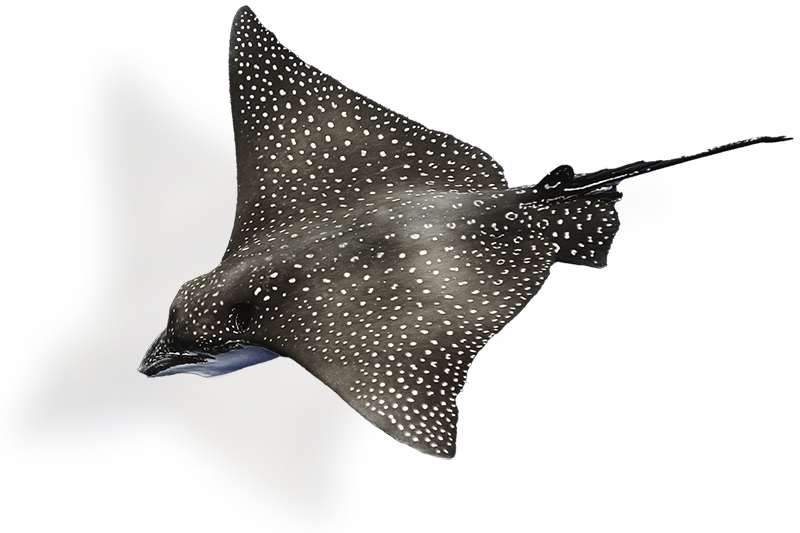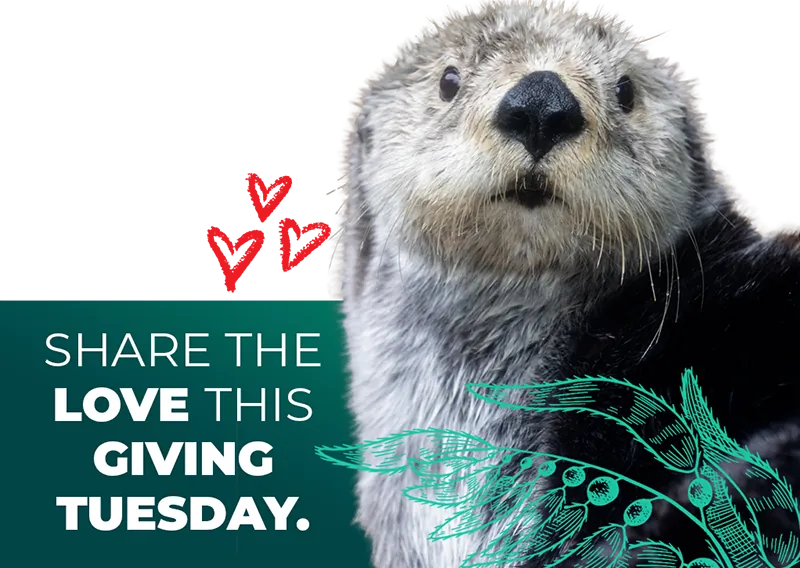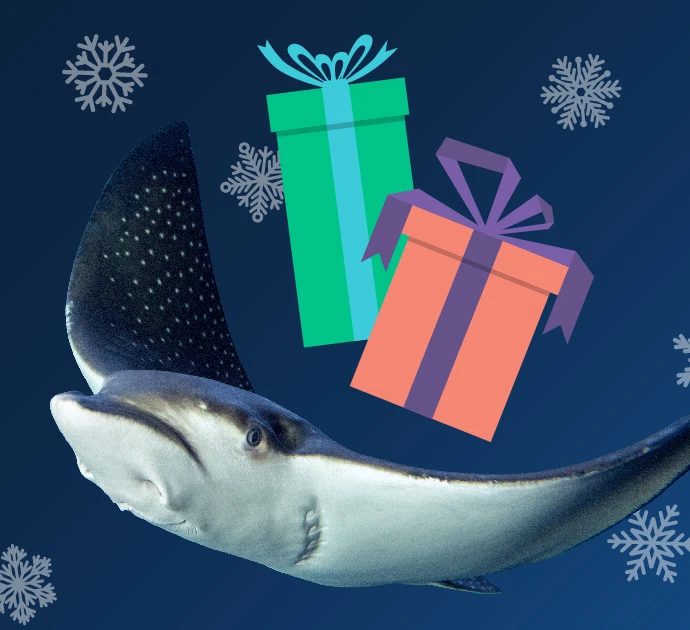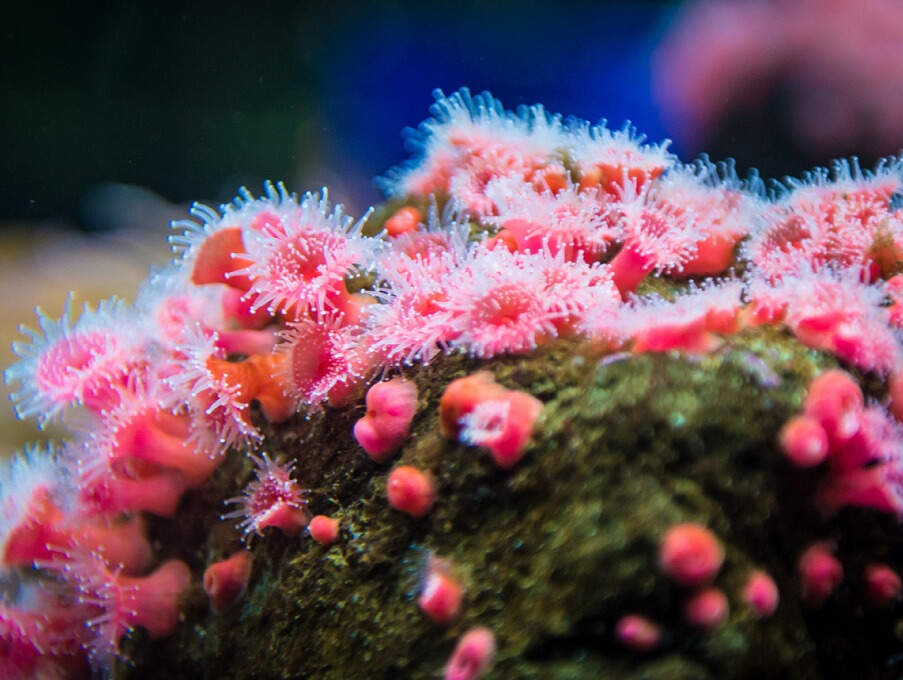
Are you a teacher for grades second–fifth? The Seattle Aquarium invites you and your students to participate in a contest celebrating the coral reef inhabitants of the newly opened Ocean Pavilion!
From Puget Sound to the tropics, we share the world’s one ocean. Today, threats to those waters—including from human activities like overfishing, plastic pollution and fossil fuel consumption—continue to cause marine life to vanish at astonishing rates. And these acts damage the ocean’s ability to sustain life on Earth. The good news? Together, we can regenerate the ocean’s health so life can thrive today and beyond.
Our actions—whether regenerative or damaging—are felt across Earth’s connected waters, even parts of the ocean we might never otherwise see. The new Ocean Pavilion helps people discover new corners of the ocean. Here, you’ll witness the exquisite biodiversity of a reef ecosystem in the Coral Triangle, a region far from our local waters but facing strikingly similar problems. You’ll come face-to-face with sharks, rays, schooling fish, mangroves, seagrasses and nearly 30 species of coral.
Coral reefs are one of the most complex ecosystems on Earth and support approximately 25% of all known marine species—including more than 4,000 species of fish, 700 species of coral and thousands of other plants and animals. Many instantly recognizable ocean animals, such as clownfish and reef sharks, depend on healthy coral reefs to survive.
You and your students will be part of the Seattle Aquarium’s mission of Inspiring Conservation of Our Marine Environment. We need your help to tell the story of our one world ocean.
Who can enter the contest?
Students in second–fifth grades can enter the contest as a class. Submissions will be judged in two categories:
- Second–third grades
- Fourth–fifth grades
The class will be judged in the category of the grade of the oldest students participating. A class can be up to 40 students. There is no minimum number of students required. Teachers with larger or multiple classes can create multiple entries. Homeschool classes are eligible for entry. Classes must be based in Washington state.
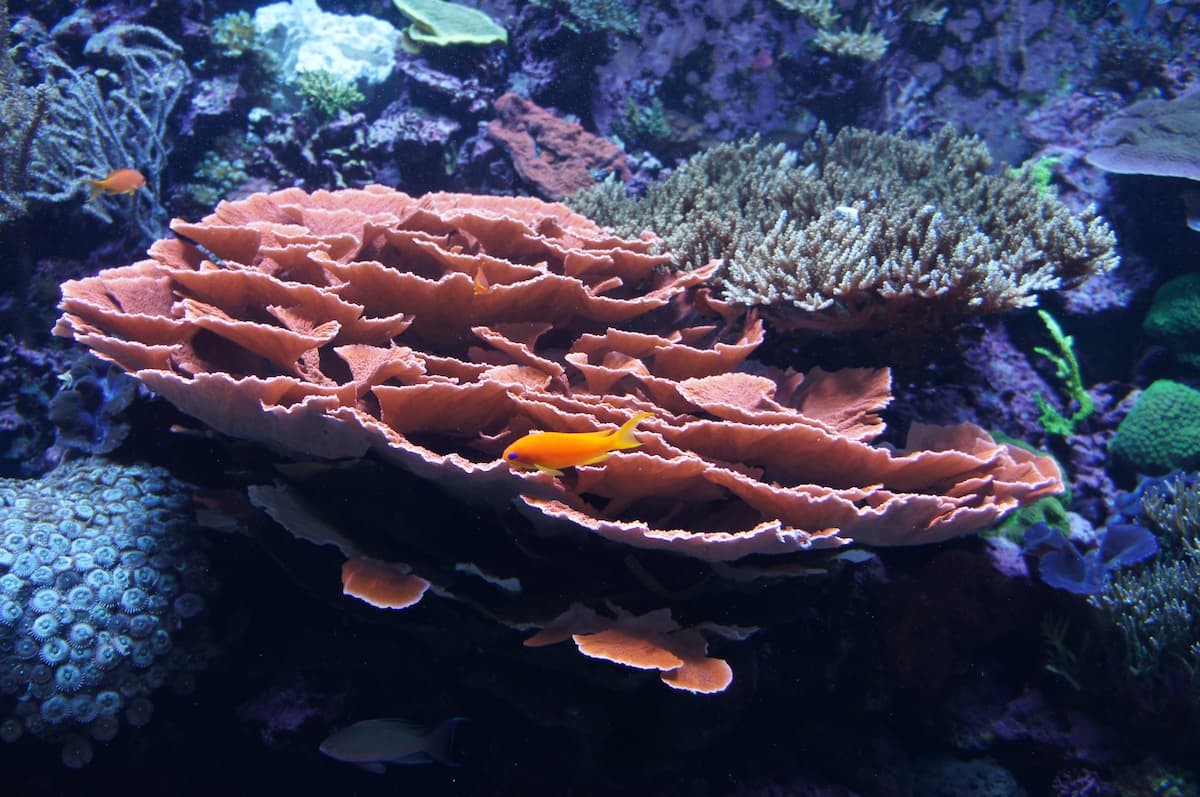
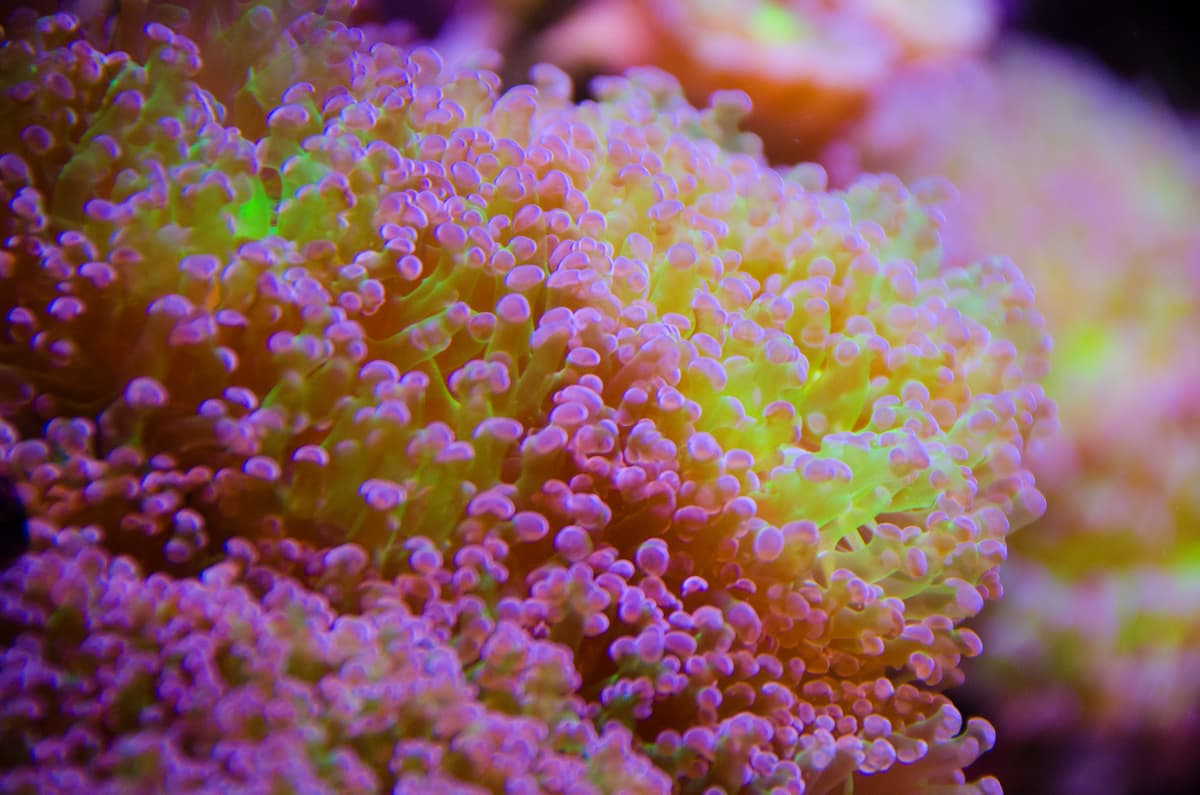
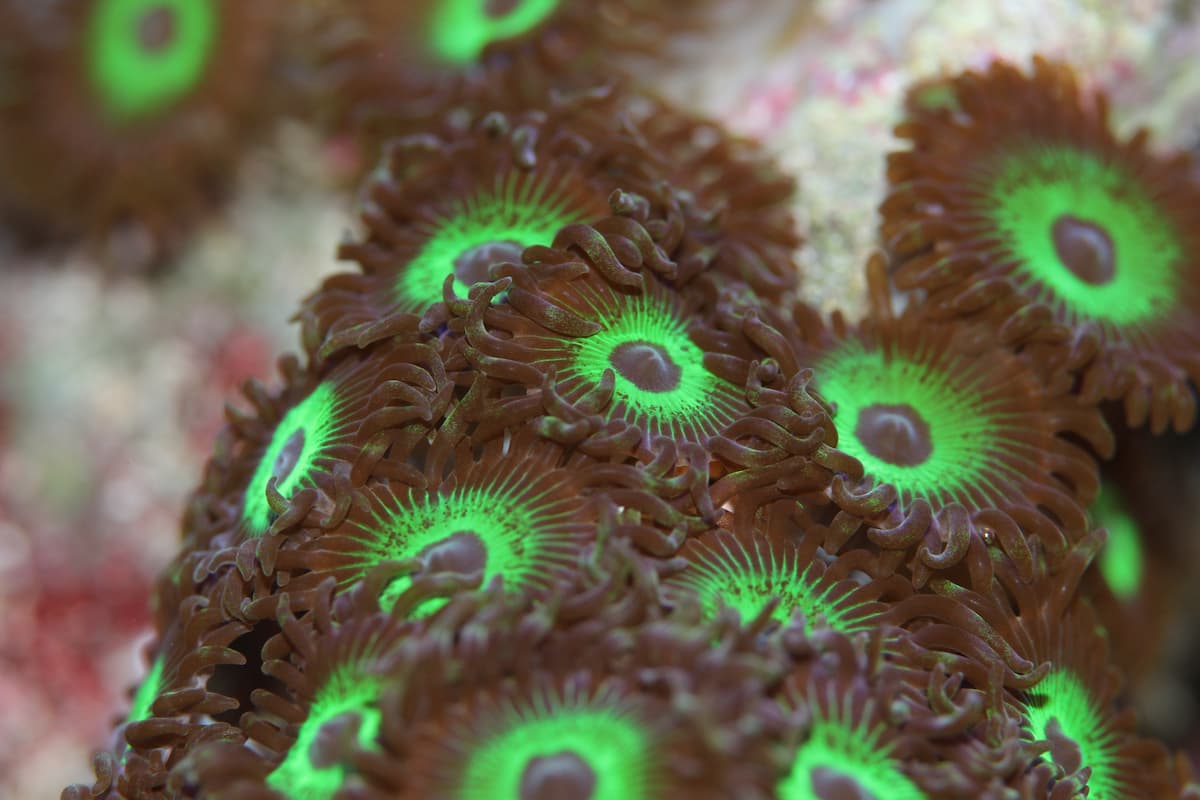
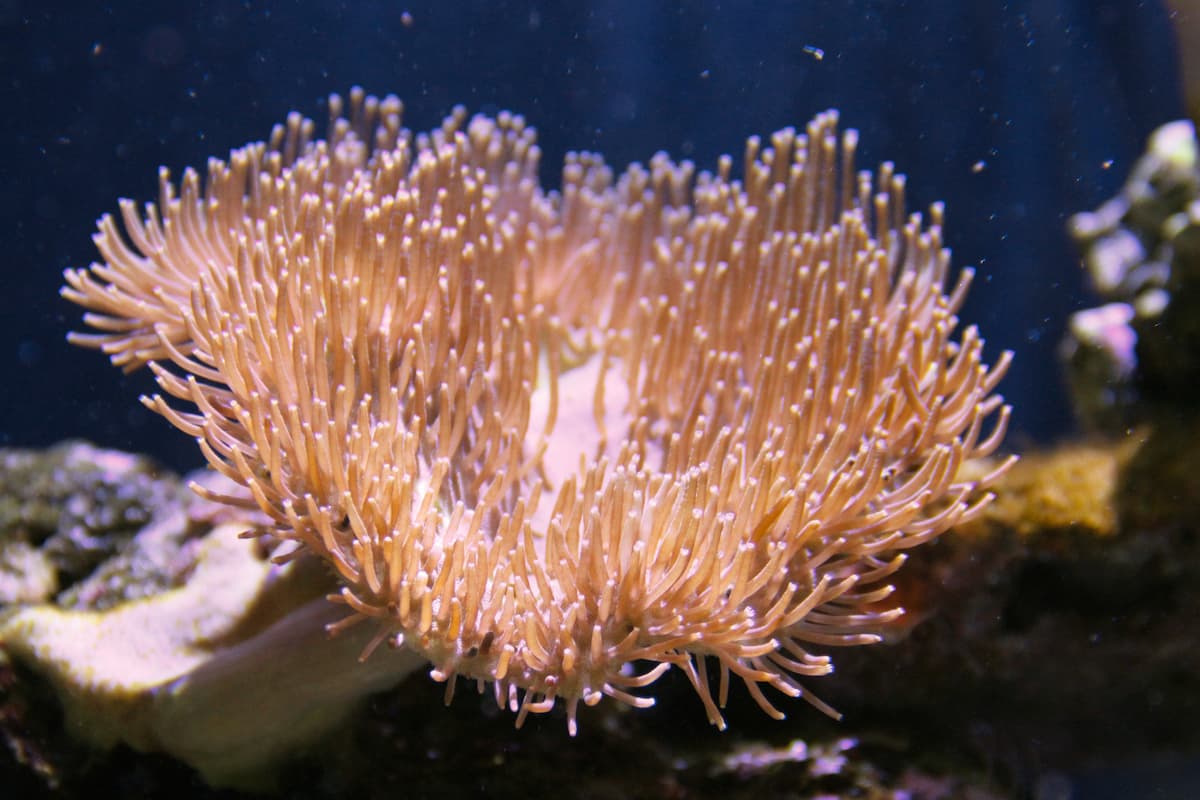
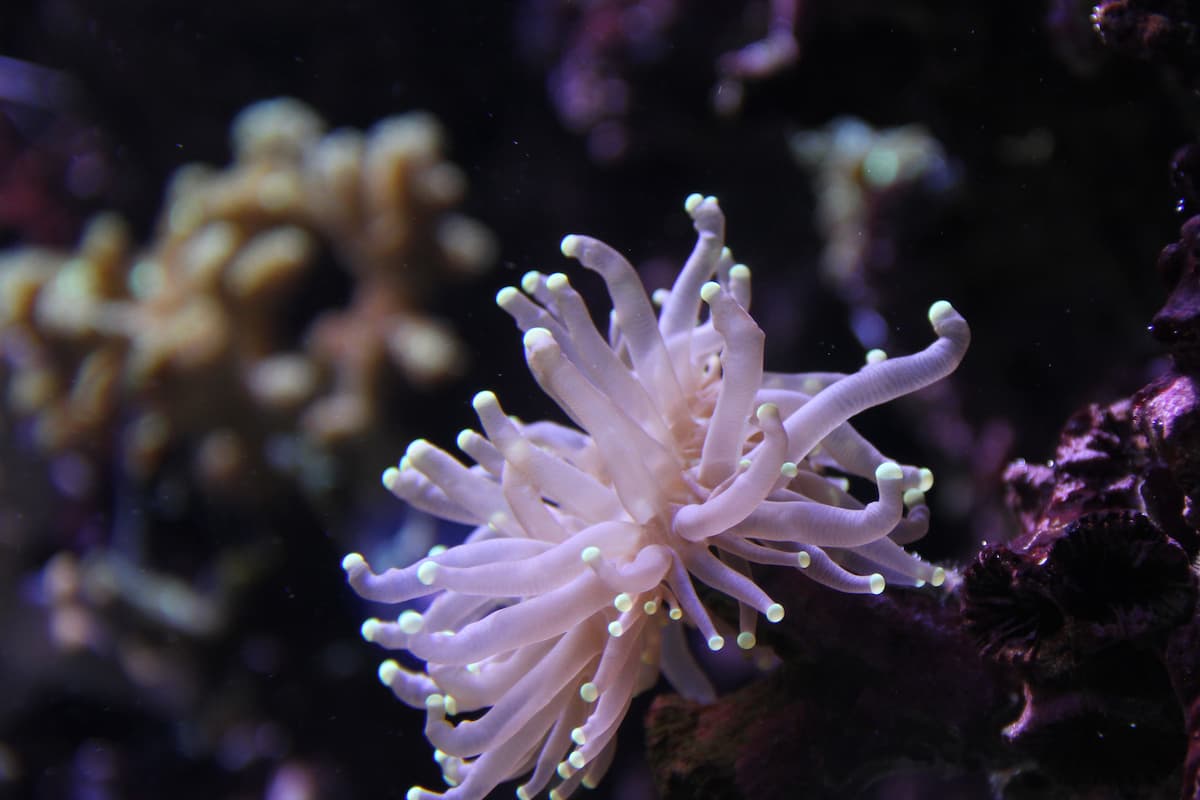
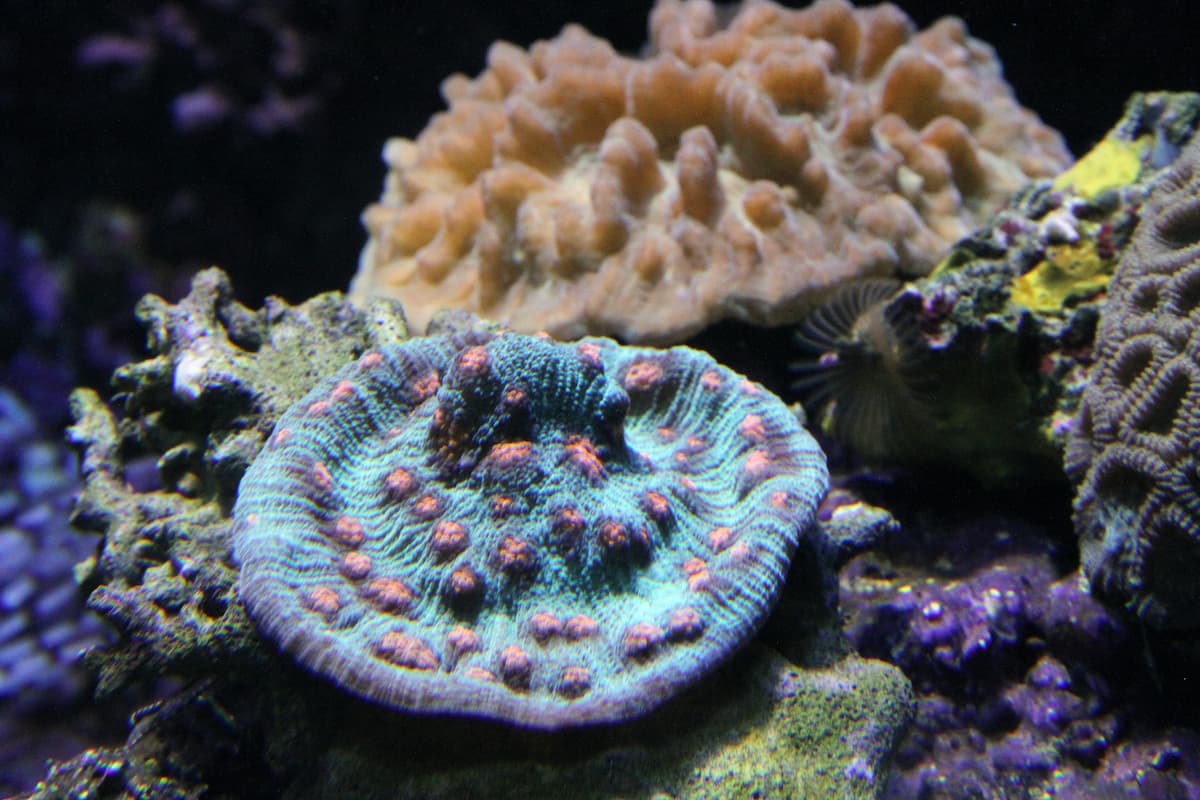
What are the contest criteria?
With teacher supervision, students will create a submission related to the need to conserve and protect coral reefs.
The class will submit as one entry. The entry can have many different components.
Submissions must meet the following criteria:
- Spreads awareness of issues affecting coral reefs.
- Displays knowledge of the importance of coral reefs and the amazing diversity of wildlife found there.
- Reaches as many people as possible. We recommend that projects look beyond the classroom and involve the local community.
- Focuses on positive action to help coral reefs. We recommend projects focus on hope for the future and specific steps participants can take to help. The work of the Seattle Aquarium can be used as a guide.
Submissions can inspire through words, pictures, sounds and more. Creativity is encouraged! Submissions can include the following forms:
- Poster campaign
- Public service announcement video
- Recorded song
- Children’s book
- Social media campaign
- And many more…
The Seattle Aquarium does not recommend that campaigns focus on raising money for the Aquarium as part of the contest submission. This project should focus on promoting conservation and coral reef health. Feel free to reach out to Aquarium staff with questions about this.
What do participating students receive?
Registered classes will be offered a free (scholarship-supported) field trip to the Seattle Aquarium from January 6 through March 14, 2025. Some transportation scholarships will also be available to help offset the costs of busing to the Aquarium. This trip is not required for contest submission but can help inspire and delight students.
Registered teachers will receive a digital packet of information on coral reefs and other wildlife, many of which can be found in the Ocean Pavilion.
Teachers will be able to book free virtual Q&A classes with Seattle Aquarium experts to help them with their projects. These are not required but are a resource to help students with their contest entries.
What do the winners receive?
Winning classes will receive the following:
- A special VIP experience at the Seattle Aquarium. (Classes unable to visit the Aquarium in person will receive a virtual experience or an experience brought to their classroom.)
- A certificate for each student.
- A celebratory banner to hang at school.
- A shoutout on the Seattle Aquarium website.
Timeline
- December 2024:
- Introduction video (English and Spanish)
- Educator’s guide to supporting student projects
- January–March 2025:
- Self-guided visit to the Aquarium
- Live virtual class Q&A with a Seattle Aquarium educator
- Registration for the contest closes on February 7, 2025.
- Submissions due by April 11, 2025.
- Winners will be selected by May 5, 2025.
- Prizes awarded by May 31, 2025.
How to enter
Please register for the contest using the form linked below.
You will receive an email within one week with next steps and resources for the contest.
If you have any questions, please email us at registration@seattleaquarium.org.
Photo release
We want to feature your projects on our website and social media accounts to highlight our community’s participation in coral conservation. Please be aware that part of the submission process will include submitting photo releases for any students whose faces are pictured in your project. If your class is chosen as a winner, we would like to include a class photo as well.
Photo releases are not required to participate in the Coral Contest, only for social media features.
Copies of our Seattle Aquarium photo release can be found below:
2023–2024 winners
Congratulations to the three winning classes of the 2023–2024 contest! These classes spread awareness, displayed knowledge, reached out into their communities and focused on positive action toward coral conservation. Through the School Coral Conservation Contest this year, over 300 students spread awareness to over 8,000 people in their local communities.
Kindergarten–First grade
School: Green Lake School-Age Care Program
Teacher: Tristan Lapetz
Students: 30 students in kindergarten and first grade
Project: The class read books and watched videos on coral reefs to learn about the beauty and importance of the ocean and the dangers of ocean acidification. The students were then asked to imagine a healthy ocean and create their own representation in an egg carton. Many of the students discussed the project with friends and family members. The bright colors of the coral reflect the students’ hope that they can contribute to a world with a healthy ocean and colorful coral. The art was displayed at the entrance of their building to raise awareness and promote action to save the oceans.
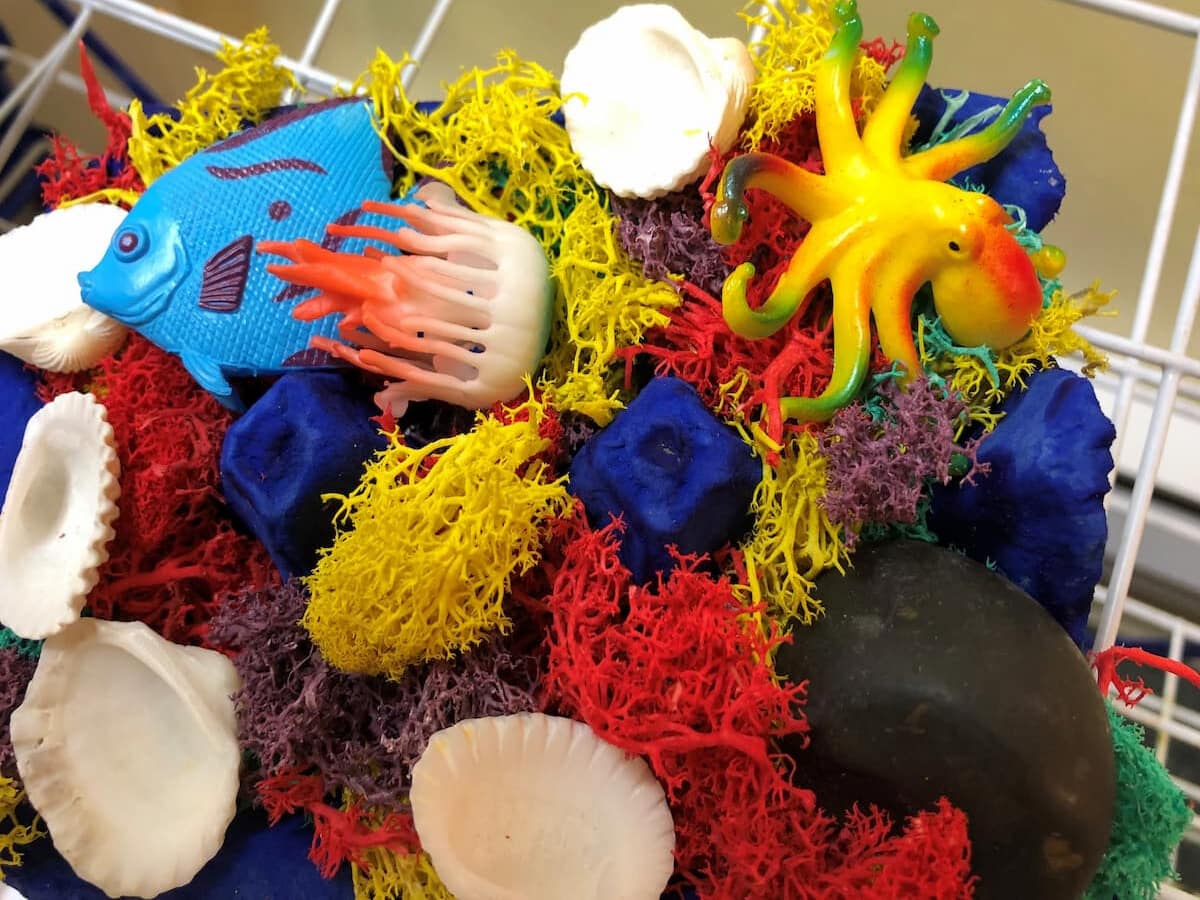
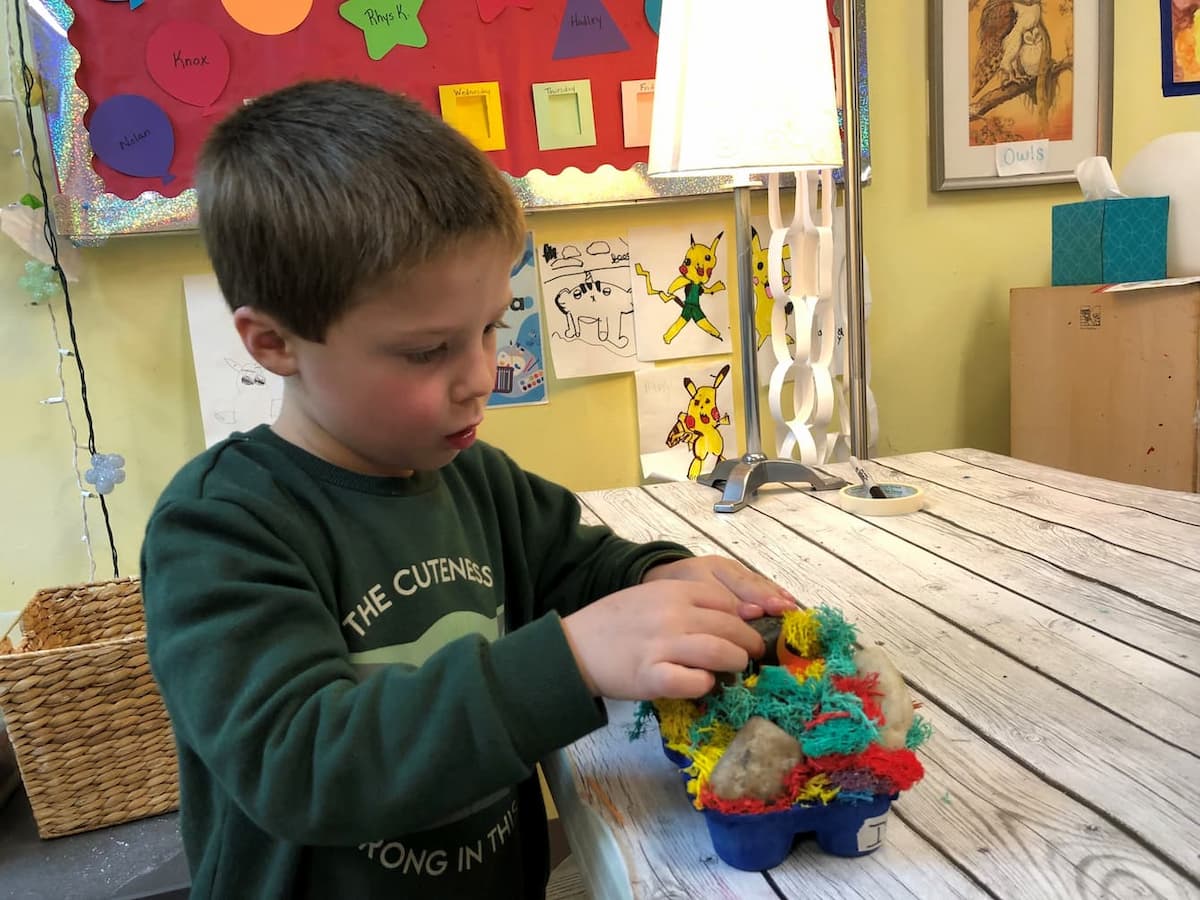
Second–Third grades
School: Concord International Elementary School
Teacher: Carla Carvallo and Alida Kromberg
Students: 31 third grade students
Project: The class learned about coral reefs and cowrote a set of five bilingual Spanish/English books about coral reefs. In teams of six, the students illustrated the book that represented their family’s home countries. The countries featured were Honduras, Guatemala, El Salvador, Mexico and the United States. The content of the books included specific information for each country such as where coral can be found and what conservation is currently happening there. The books de-center white conservation efforts and highlight Indigenous methods.
The class partnered with the South Park branch of the Seattle Public Library to create an exhibit of the books for the community to read and become informed. The students created multilingual posters (Spanish, Vietnamese, English) to place around their community in high-traffic areas such as bus stops and intersections to publicize their display at the library. The posters included facts about coral reefs. The class also made morning announcements to the rest of their school to inform other students about the display and the importance of coral reef preservation.
Being located along the bank of the Duwamish River, the South Park community has a history of fighting for water conservation. This project not only spoke to the local South Park community but also made the connection to the experiences in the home countries of the students. People of color are disproportionately affected by the negative consequences of climate change, which made the project more pertinent for this community.
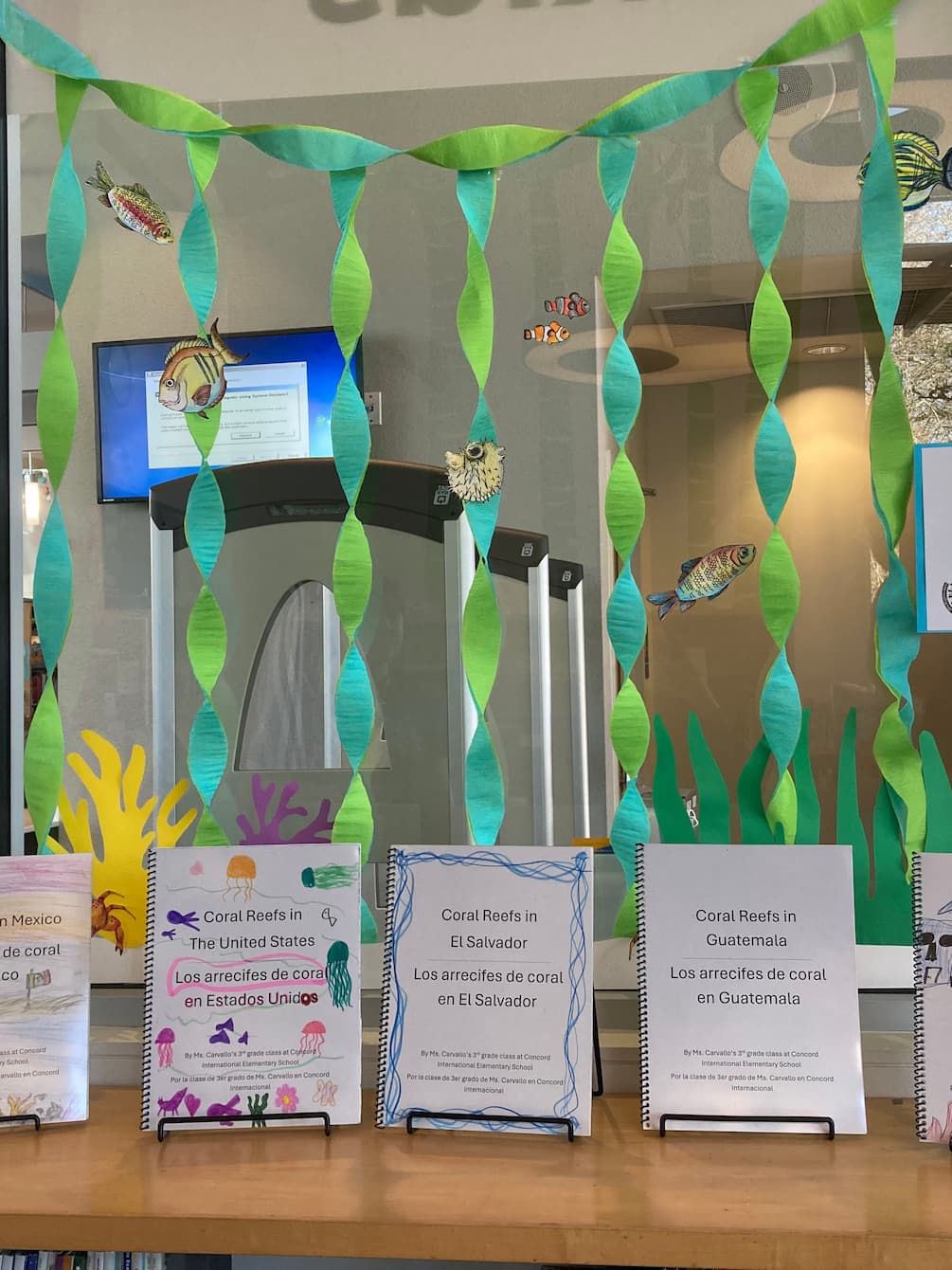
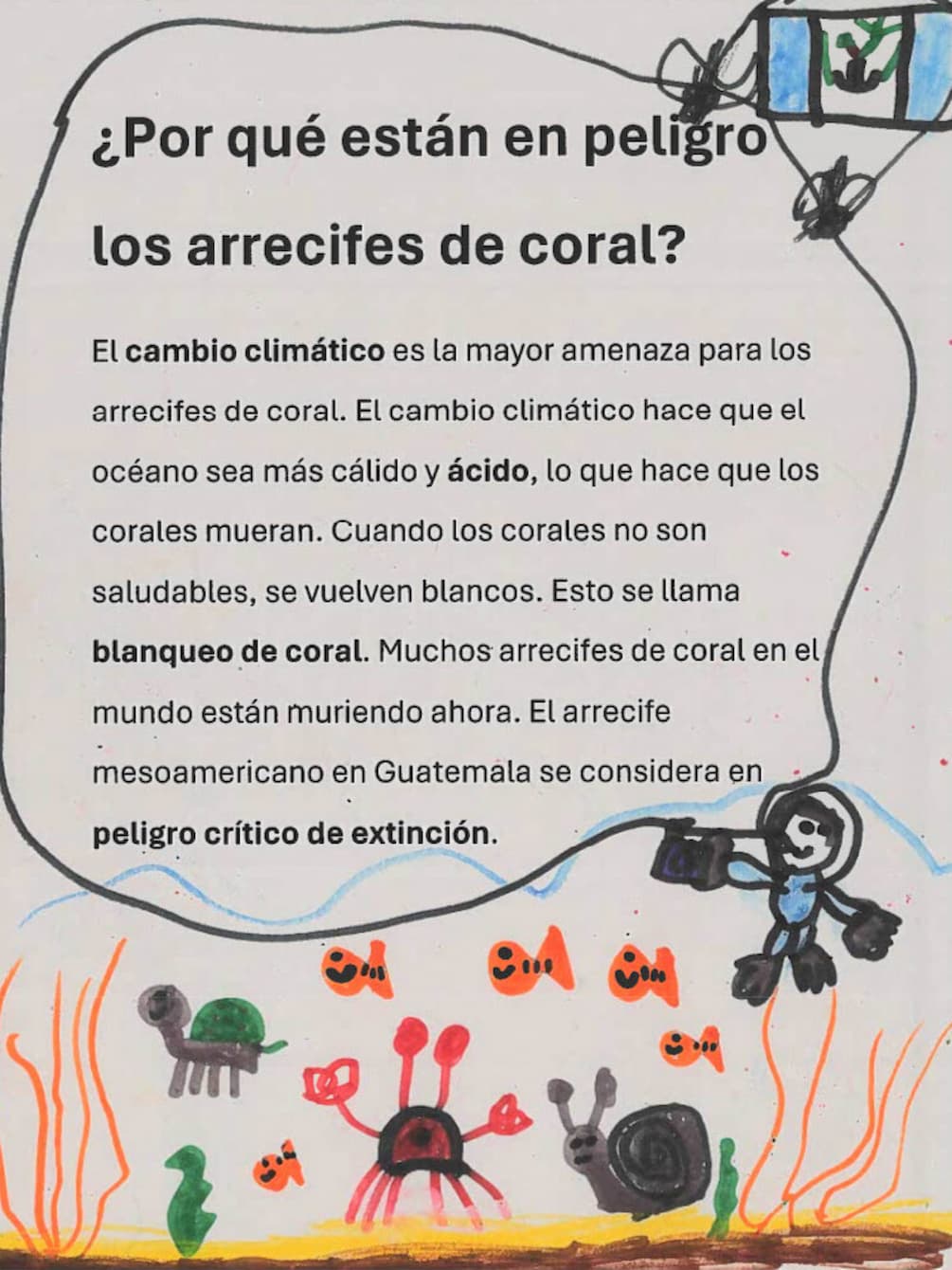
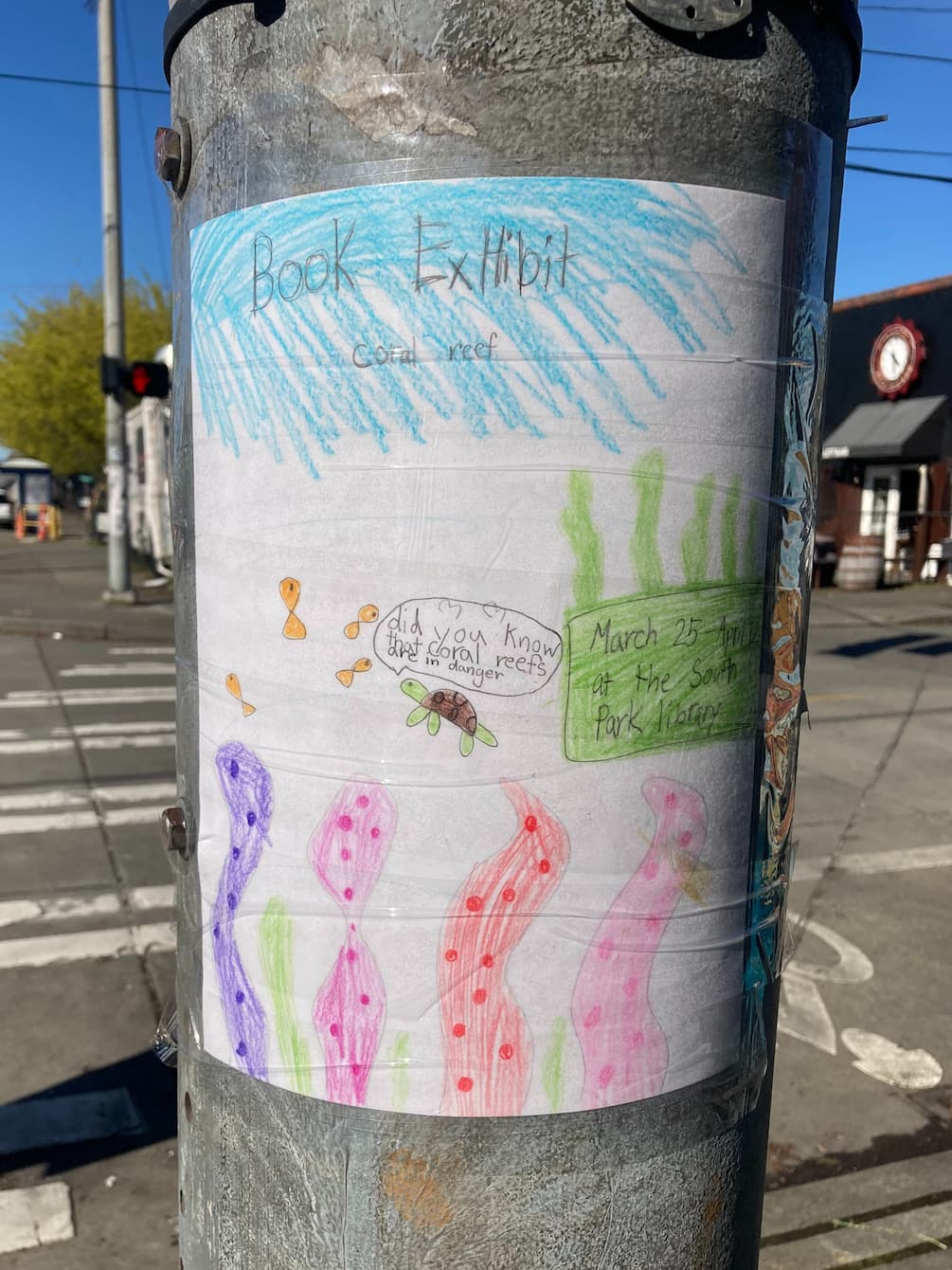
Fourth–Fifth grades
School: Talbot Hill Elementary School
Teacher: Caszandra Burke
Students: 28 fourth grade students
Project: The class spread the word about corals by making a website. The website features sections describing coral, what’s affecting them and how we can help them. The students shared the website with their families through their teacher newsletter, with others at their school through the principal’s newsletter, and with the rest of their community through family members’ social media. The students did a lot of research and cited their sources. They even included a section featuring different organizations that are doing coral conservation work.
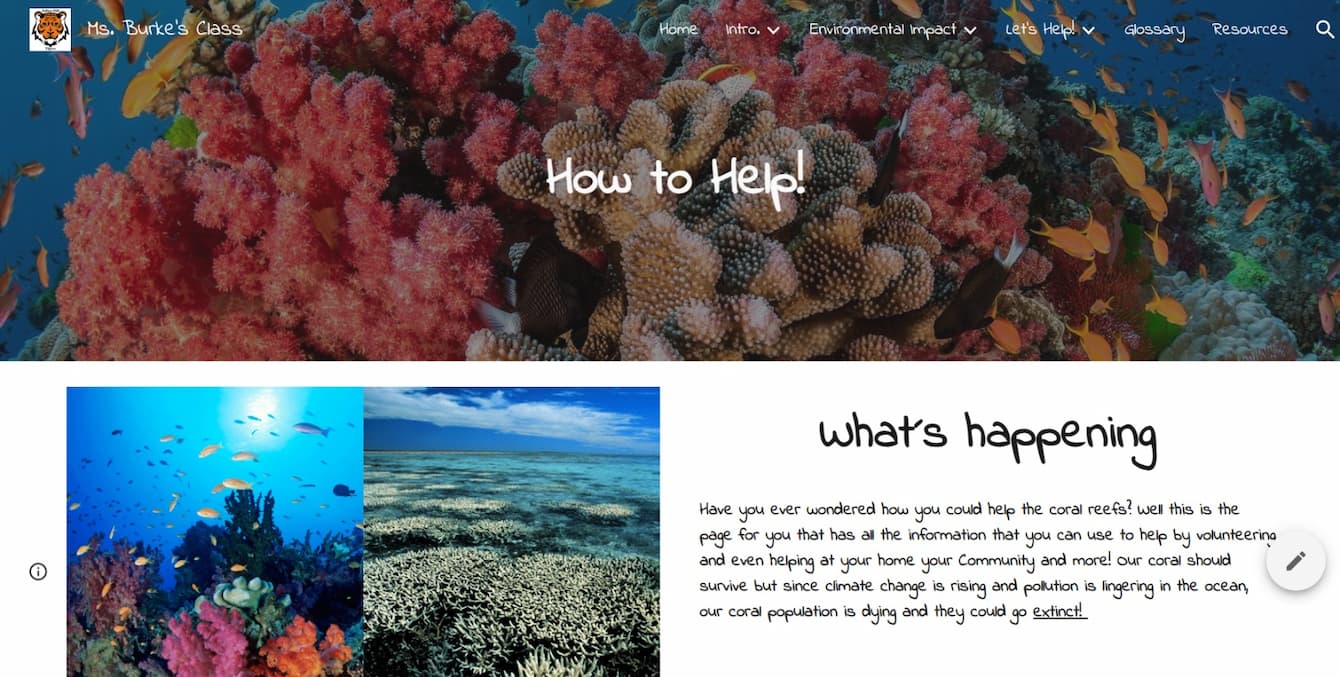
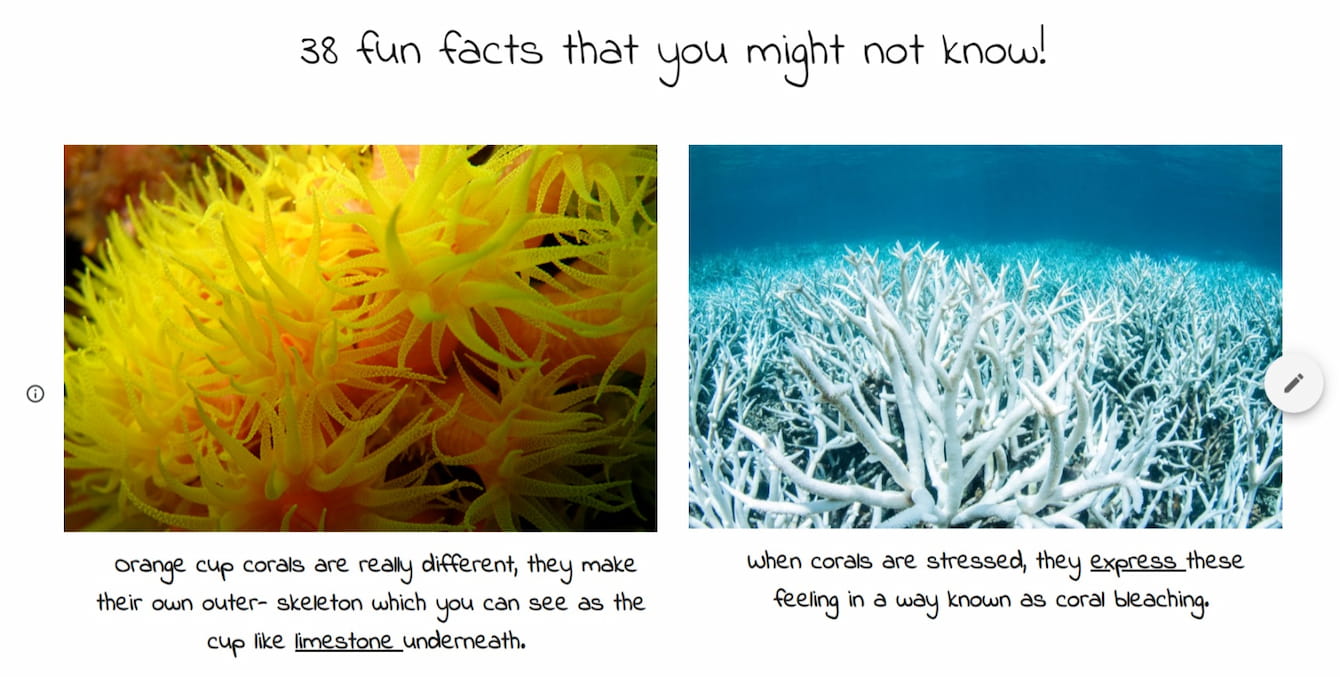
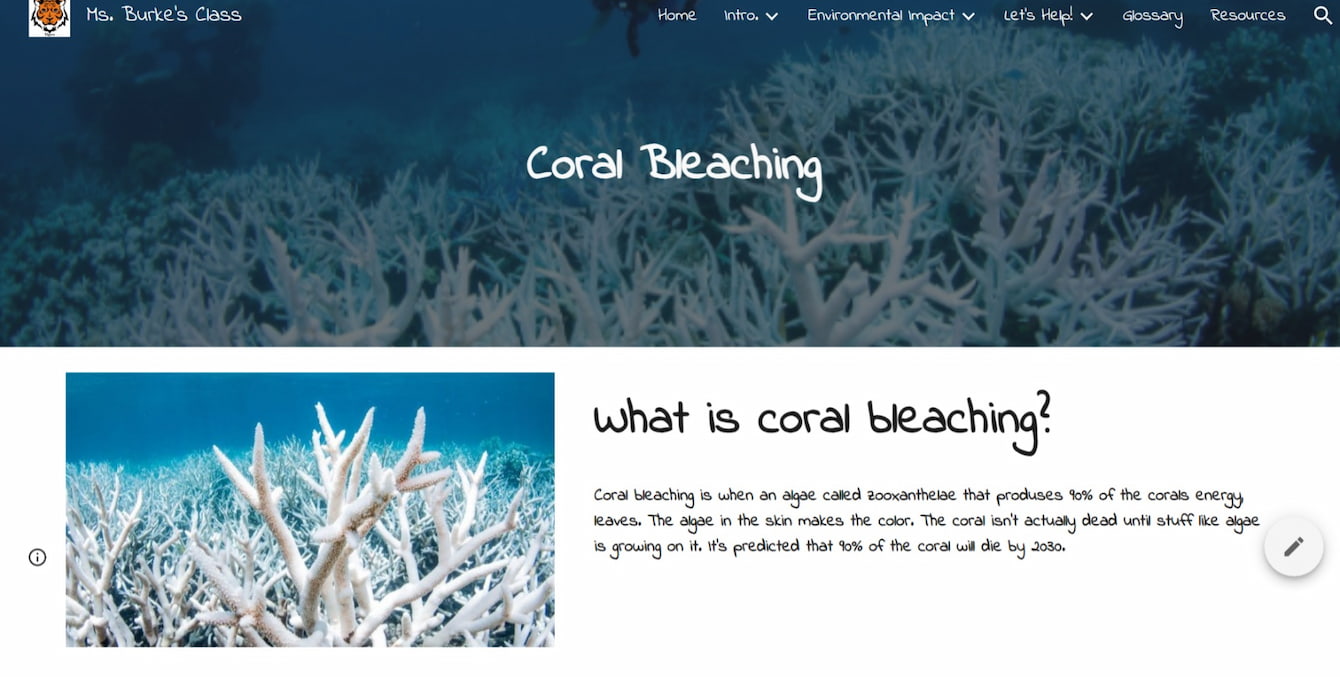
Other participants
The Seattle Aquarium would like to thank all those who participated. We received submissions from seventeen classes. They were all wonderful and showcased students’ knowledge! There were so many different types of submissions from infomercial-style videos and a card game to dioramas and presentations. Here are some highlights from participants:
